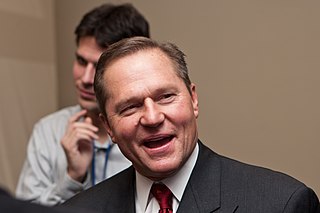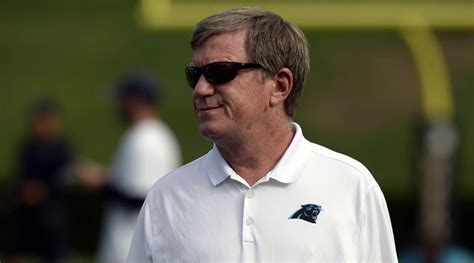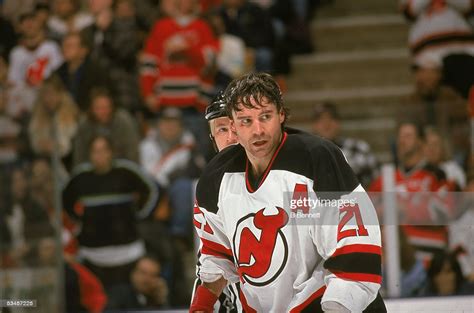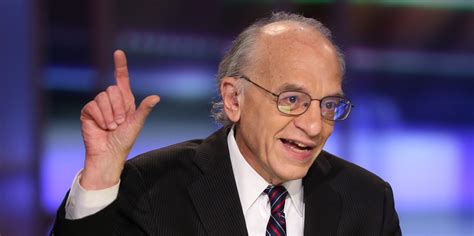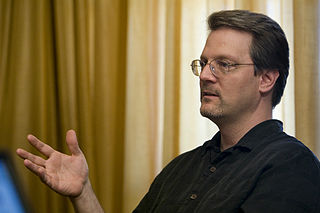A Quote by Scott Boras
People say what we're doing is holding out when in reality the teams are trying to crush the draft market because they don't want to pay fair market value.
Related Quotes
You can keep raising it, but at some point, everybody who believes in a minimum wage will say, "No, wait a minute. That's too much," and at that point, you have demonstrated that that there's no market relationship. You're just talking emotion. You're just talking "fairness." You're just talking being nice, and that's not how the market works. People aren't paid a wage because they're being nice to, or because it's fair. In the market, the market rules.
If the veteran only has a year or two left on his contract, teams are hesitant to trade a draft pick for a player in that position. Why pay a big cap number for a guy you might only have for a short time And then there's the reality that the veteran and the agent would probably want to be on the open market anyway, figuring they'll get more money that way. The system is not conducive to making a deal for a veteran.
The underlying strategy of the Fed is to tell people, "Do you want your money to lose value in the bank, or do you want to put it in the stock market?" They're trying to push money into the stock market, into hedge funds, to temporarily bid up prices. Then, all of a sudden, the Fed can raise interest rates, let the stock market prices collapse and the people will lose even more in the stock market than they would have by the negative interest rates in the bank. So it's a pro-Wall Street financial engineering gimmick.
When I get hurt in the market, I get the hell out. It doesn't matter at all where the market is trading. I just get out, because I believe that once you're hurt in the market, your decisions are going to be far less objective than they are when you're doing well If you stick around when the market is severely against you, sooner or later they are going to carry you out.
It can be shown that maximum diversification is achieved by holding each stock in proportion to its value to the entire market (italics added)... Hindsight plays tricks on our minds... often distorts the past and encourages us to play hunches and outguess other investors, who in turn are playing the same game. For most of us, trying to beat the market leads to disastrous results... our actions lead to much lower returns than can be achieved by just staying in the market.
"No one is doing what we're doing." This is a bummer of a lie because there are only two logical conclusions. First, no one else is doing this because there is no market for it. Second, the entrepreneur is so clueless that he can't even use Google to figure out he has competition. Suffice it to say that the lack of a market and cluelessness is not conducive to securing an investment. As a rule of thumb, if you have a good idea, five companies are going the same thing. If you have a great idea, fifteen companies are doing the same thing.
Fair Trade is a market-based, entrepreneurial response to business as usual: it helps third-word farmers developing direct market access as well as the organizational and management capacity to add value to their products and take them directly to the global market. Direct trade, a fair price, access to capital and local capacity-building, which are the core strategies of this model, have been successfully building farmers' incomes and self-reliance for more than 50 years.
